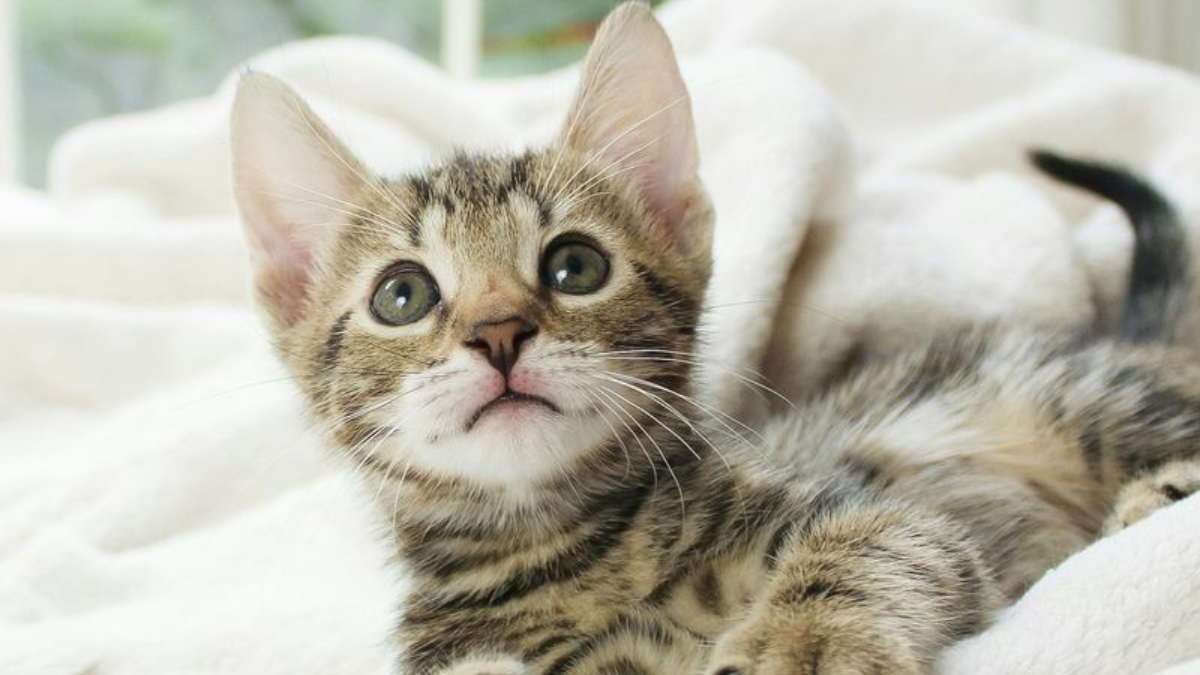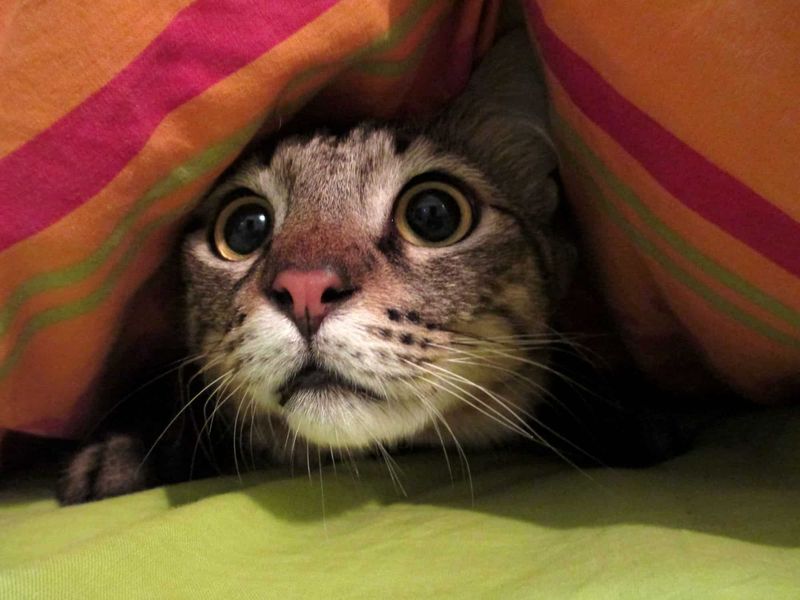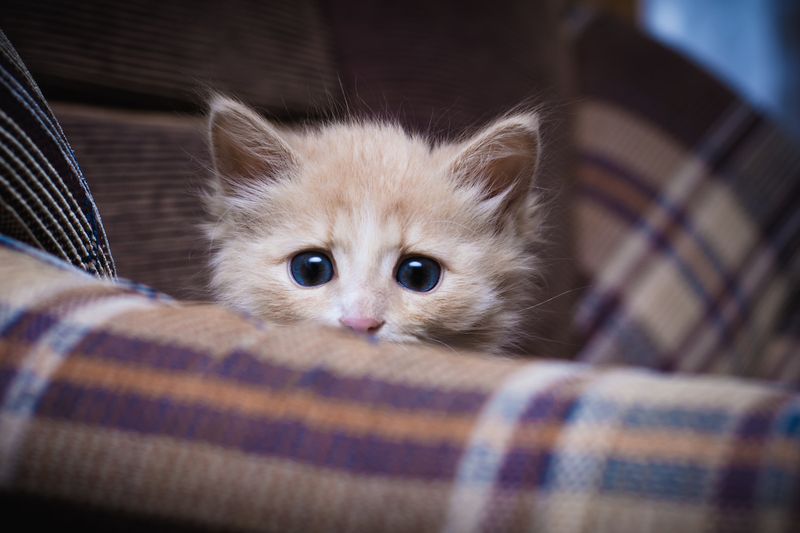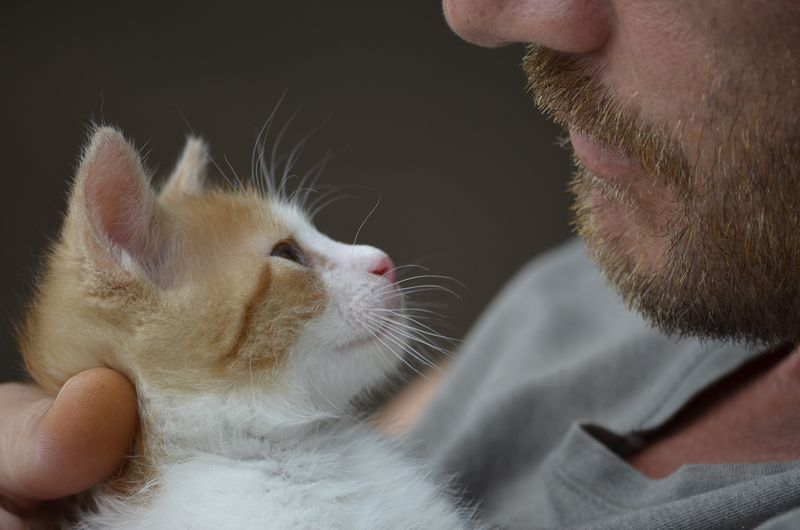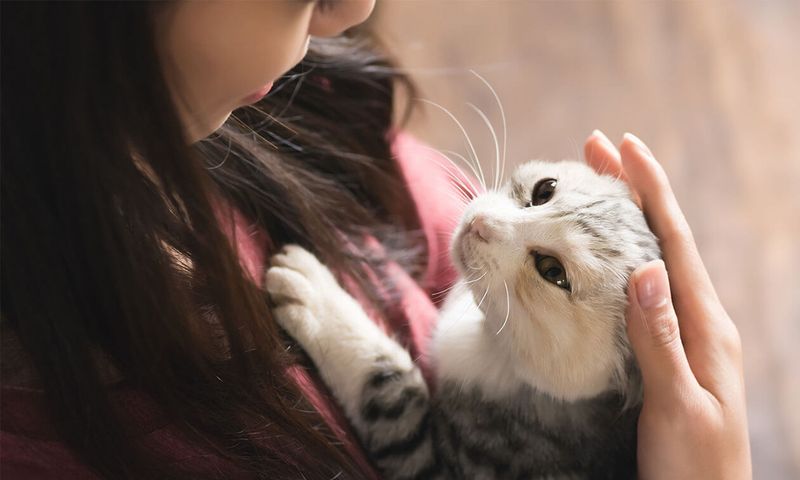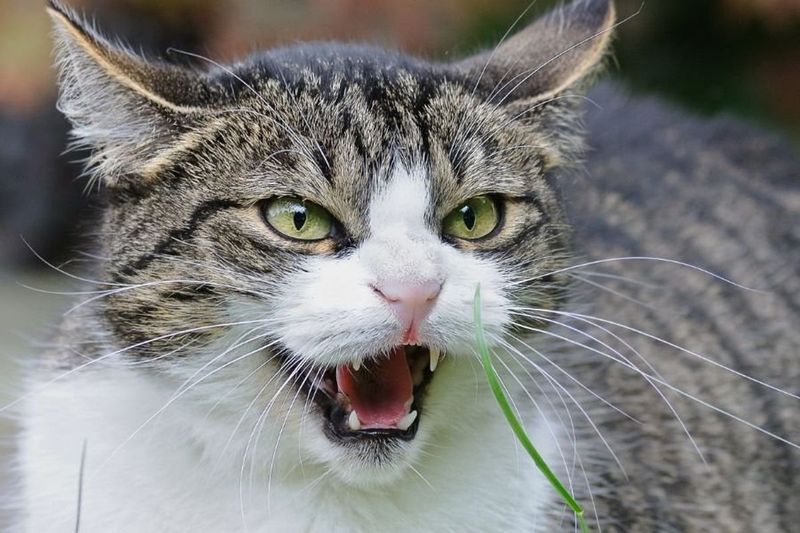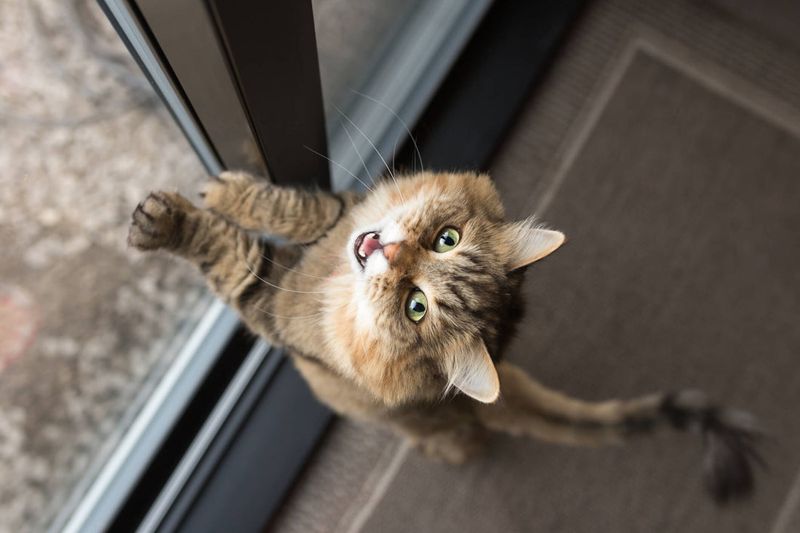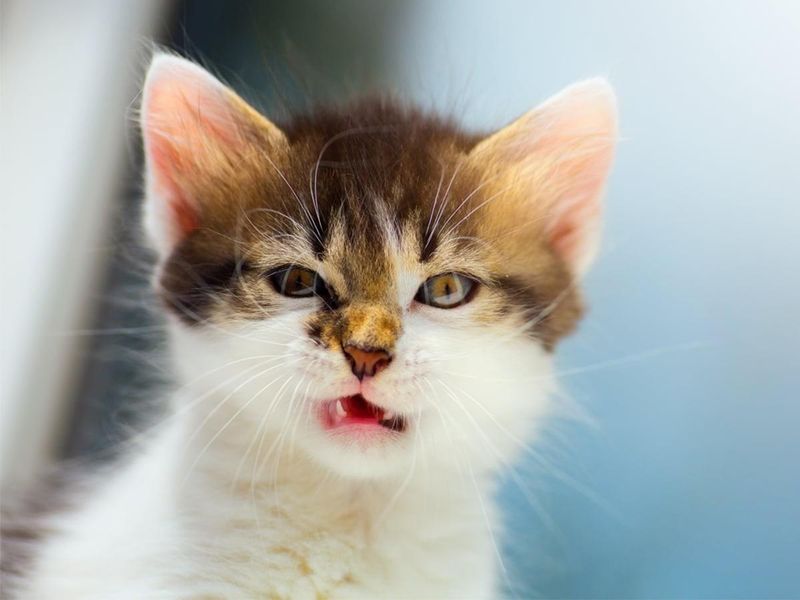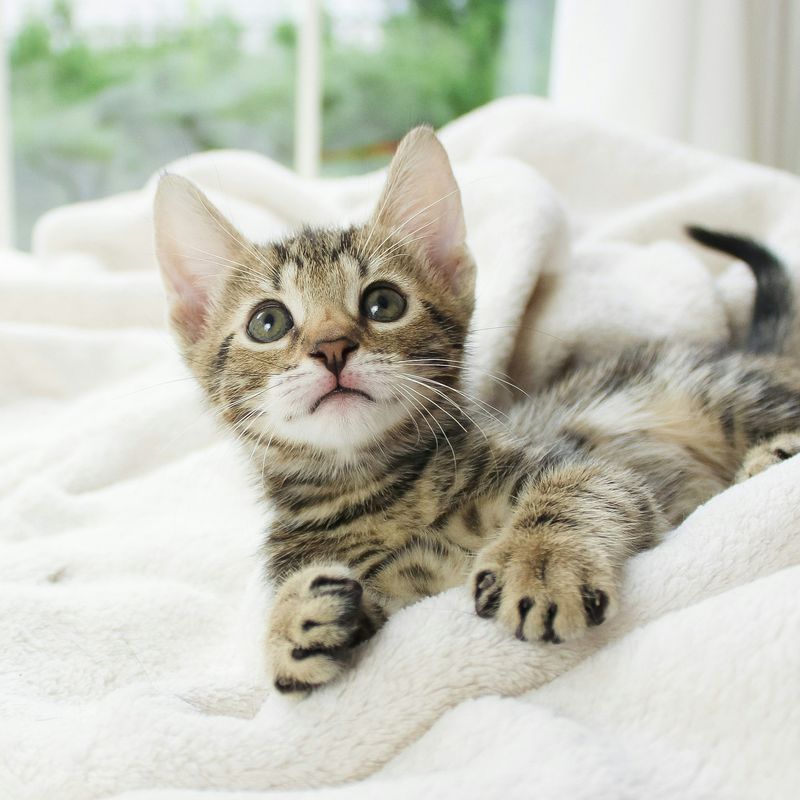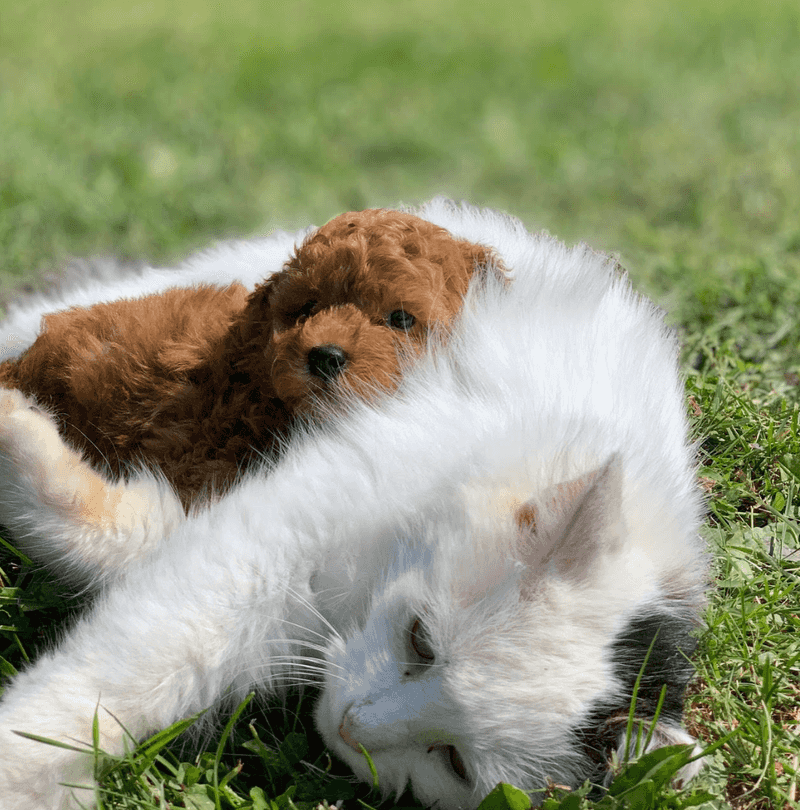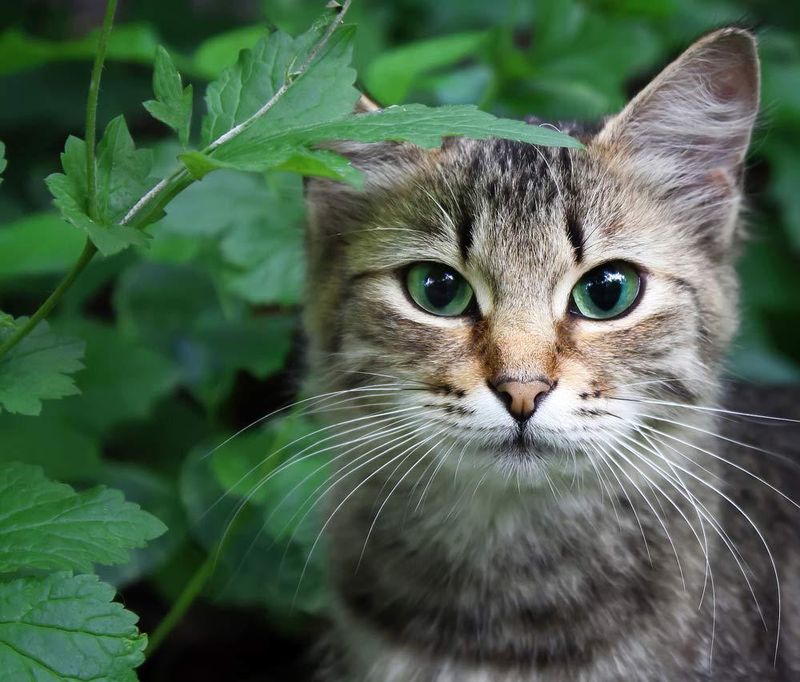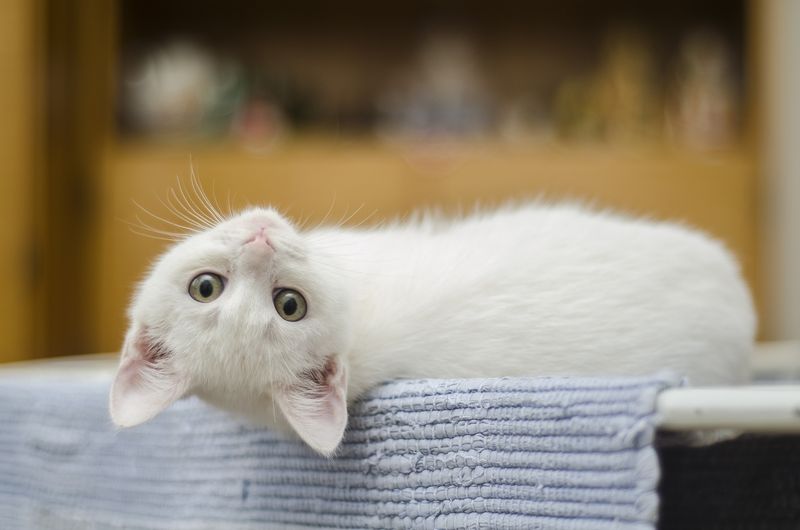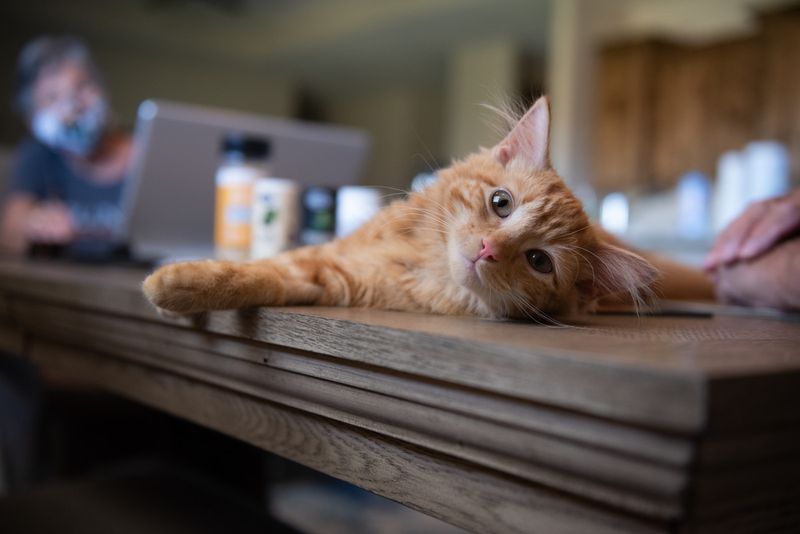📖 Table of Content:
- 1. Approaching Earthquakes
- 2. Stormy Weather
- 3. Health Issues in Humans
- 4. Pregnancy
- 5. Moods and Emotions
- 6. Changes in Routine
- 7. Unwelcome Visitors
- 8. Animal Intruders
- 9. Looming Danger
- 10. Births and Deaths
- 11. Nutritional Needs
- 12. Household Tensions
- 13. Time of Day
- 14. Emotional Support Needs
- 15. Natural Disasters
Cats possess a remarkable set of senses that often appear to transcend the abilities of humans. Their keen perception allows them to detect changes and events that might go unnoticed by those around them. Whether it’s a shift in the atmosphere or a subtle emotional cue, cats are often the first to sense it.
These extraordinary abilities enable cats to respond to their environment in ways that leave us in awe. From sensing natural disasters to picking up on emotional shifts in their human companions, their instincts are finely tuned. There’s no denying that cats are incredibly attuned to the world around them.
Their heightened awareness of these subtle changes allows cats to behave in fascinating ways. Sometimes, their actions may seem mysterious, but they are simply reacting to something that is beyond human detection. Let’s take a closer look at 15 amazing things your cat can sense before you even realize it.
1. Approaching Earthquakes
Cats possess an uncanny ability to detect seismic activities. Their acute hearing can pick up on subterranean vibrations and their sensitive whiskers can sense minute shifts in atmospheric pressure. When a cat begins to act nervously without apparent cause, it might be responding to an impending earthquake. Observing these physical cues, such as pacing, restlessness, or hiding, can be critical in areas prone to tremors.
While scientists continue to study this phenomenon, cat owners in earthquake-prone regions often report their feline companions behaving strangely before an earthquake strikes.
2. Stormy Weather
As a storm approaches, a cat’s behavior may change significantly. Their heightened senses enable them to detect changes in barometric pressure and static electricity in the air.
These subtle atmospheric shifts alert cats to impending bad weather. You might notice your cat becoming more anxious, hiding under furniture, or seeking reassurance by staying close to you. Keeping an eye on your cat’s behavior can serve as a natural weather alert, prompting you to prepare for changing weather conditions.
3. Health Issues in Humans
With their sharp instincts, cats can pick up on shifts in their human’s health. They may notice small changes in body chemistry that suggest illness is on the way. Some cats can even alert their owners to conditions ranging from infections to more serious health concerns, like cancer.
Paying attention to changes in your cat’s behavior, especially if they become clingy or unusually attentive, might be their way of signaling something amiss with your health. Consulting a medical professional can provide peace of mind if your cat starts acting concerned.
4. Pregnancy
It’s common for cats to become extra affectionate toward pregnant women, often acting in a protective manner. This change is thought to stem from the cat’s ability to sense shifts in hormones and body temperature. Cats may choose to stay close to their pregnant owners, often curling up on their laps or bellies, offering comfort and security.
If you’re pregnant and notice your cat sticking to you like glue, it might be sensing the new life growing within you. Enjoy the extra affection and consider it a bonding experience for you, your cat, and your baby.
5. Moods and Emotions
Feline companions are keenly aware of their owner’s emotional states, often mirroring those feelings in their behavior. Cats can pick up on cues like tone of voice, body language, and even scent to interpret your mood. If you’re feeling down, your cat may offer comfort by nuzzling or sitting close, while a joyful mood may inspire them to join in your playful moments.
Understanding this connection can enhance the bond you share with your cat, providing emotional support and companionship during various emotional states.
6. Changes in Routine
Cats thrive on routine and are sensitive to any changes in their environment. They can quickly detect alterations in daily activities, such as a new work schedule or impending travel plans.
These changes might cause them to act out or become clingy as they attempt to understand the new norm. Being mindful of your cat’s sensitivity to routine shifts can help ease their transition. Providing reassurance through attention and maintaining familiar aspects of their routine can reduce anxiety and help your cat adjust to changes more comfortably.
7. Unwelcome Visitors
Feline senses are finely tuned, and cats can often sense when a stranger is about to enter their space. Their acute sense of smell and hearing allow them to pick up on things humans might miss. If your cat becomes unusually cautious or alert, it’s likely detecting someone or something new nearby.
This heightened awareness can serve as an early warning system for unexpected visitors, allowing you to prepare or be cautious when opening the door. Trusting your cat’s instincts can be wise when they act on high alert.
8. Animal Intruders
Being territorial by nature, cats are finely tuned to the presence of other animals around them. Whether through scent, sound, or movement, they can sense when another creature is nearby, often before humans do. This heightened sensitivity can lead to defensive postures, territorial marking, or hunting-like behaviors, especially for outdoor cats.
Recognizing these signs can help you manage potential conflicts with neighboring animals or unwelcome wildlife, ensuring your cat remains safe and stress-free in its territory.
9. Looming Danger
Sometimes, cats can sense danger before it becomes apparent to humans. Their acute awareness of changes in the environment or unusual sounds can trigger instinctual responses.
If your cat suddenly becomes alert, anxious, or tries to lead you away from something, it might be responding to perceived danger. Paying attention to these signs can be crucial, especially in unfamiliar environments or situations. Trusting your cat’s instincts and staying cautious can help you avoid potential threats.
10. Births and Deaths
Cats often show an unusual awareness of life changes such as births or deaths. They might stay close to a pregnant pet, offering comfort and companionship, or become distant and watchful around ailing animals.
These behaviors suggest a sensitivity to the life cycle, offering solace or seeking solitude during such times. Observing these behaviors can provide insights into your cat’s emotional world and how it perceives significant life changes around it, helping you support your pet through these events.
11. Nutritional Needs
With their keen instincts, cats can often communicate their dietary preferences or needs, signaling when they’re unhappy with a meal or in search of specific nutrients. This selectivity may appear as picky behavior or an unusual hunger for particular foods. Paying attention to these signals helps in creating a well-rounded, nutrient-rich diet for their health.
Paying attention to your cat’s food preferences and consulting with a veterinarian can ensure they receive optimal nutrition, supporting their overall well-being and longevity.
12. Household Tensions
Feline behavior is often influenced by the emotional energy around them. If there’s discord or heightened tension in the home, cats may respond by becoming withdrawn or acting out. Noticing how your cat reacts during stressful situations can be a helpful clue in identifying and addressing any emotional imbalances.
Ensuring a calm and stable environment helps maintain your cat’s emotional health. Providing a safe space for retreat and using soothing interactions can alleviate their stress, promoting harmony in your home.
13. Time of Day
Equipped with an innate sense of time, cats can often predict routines, such as when it’s time for a snack or when their loved ones will come home. They pick up on subtle environmental signals, like the change in daylight or household noises.
This temporal awareness aligns with their natural hunting instincts, which are often crepuscular, or active during dawn and dusk. Recognizing your cat’s time-based behaviors can help establish a consistent routine, benefiting both you and your feline friend, enhancing your mutual understanding and daily interactions.
14. Emotional Support Needs
Whether it’s a difficult day or a moment of loneliness, cats often sense when their owners are in need of emotional comfort. They might offer an extra dose of affection, snuggling up for warmth or simply being there for company.
A cat’s intuitive nature to offer solace can be a great source of emotional well-being for their human companions. Embracing this connection fosters a deeper bond and mutual support, enhancing your emotional resilience and appreciation for your feline friend’s unique role in your life.
15. Natural Disasters
Beyond earthquakes, cats have been known to sense other natural disasters such as floods or fires. Their acute senses detect environmental changes that precede these events.
Sudden changes in behavior, such as agitation or seeking shelter, might signal their awareness of looming dangers. Observing these behaviors can prompt precautionary measures, ensuring safety for both you and your feline companion during natural disasters. Trusting your cat’s instincts can be a vital part of your disaster preparedness strategy.
